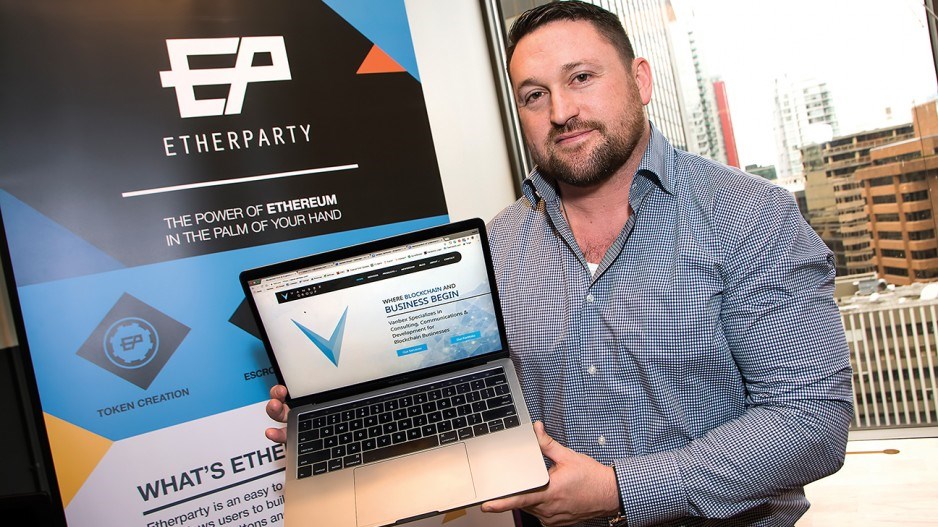What Happened: Court documents allege that money from up to $33 million raised in Canada's cryptocurrency offering was fraudulently used to finance gambling, the lease of a Lamborghini and the purchase of multimillion-dollar condos.
What it means: Investors lost millions of dollars by investing in a cryptocurrency that court documents say has become virtually worthless.
Canada’s largest initial cryptocurrency offering is at the centre of fraud allegations, with much of the $33 million raised allegedly being used to lease a Lamborghini, buy million-dollar condos and gamble at casinos, according to court documents released after more than a year of investigation into Vancouver-based cryptocurrency company Vanbex by the BC Securities Commission.
On March 14, a civil forfeiture claim was granted to seize the assets of Vanbex CEO Kevin Hobbs and founder Lisa Cheng, including a Vancouver property listed at $7.9 million, two Land Rovers and multiple bank accounts.
The company raised between $30 million and $33 million from the sale of its FUEL token cryptocurrency. Vanbex claimed the cryptocurrency was not a tradeable security like stocks, but rather a cryptocurrency that had intrinsic value because it would be able to be used on its blockchain platform.
However, no such platform, product or tech was ever created, according to court documents obtained by Business in Vancouver. In fact, in its two years of existence, the company created no usable product or service, assert the pleadings. This is consistent with claims made by Vanbex’s former client Elev3n, which sued the company in 2017 over failure to deliver services paid for. According to testimony in that case from Vanbex’s former director of engineering, he never had the basic tools like schematics or software build environments to create the smart contract platform.
Court documents claim that the FUEL token has become virtually worthless in dollar value, and over the past 24 hours the FUEL token’s value fell almost 10%.
Both Cheng and Hobbs denied the charges in a statement to Business in Vancouver, highlighting that Vanbex’s business accounts had not been frozen. They said that false claims by a former contractor are responsible for the court documents.
“The suit wrongly claims our business is a fraud," said Cheng in an email exchange. "The claim is false as our employees, customers and investors are all aware. Our staff have been encouraged to cooperate fully with the investigation and they are.”
The BC Securities Commission (BCSC) isn’t the only organization looking into Vanbex. The RCMP’s Federal Serious and Organized Crime Division has, since May 2018, also been investigating the company and the $33 million dollars raised.
The documents allege that Hobbs and Cheng misappropriated the money raised to lease a purple Lamborghini for $500,000 a year, purchase multimillion-dollar property in Vancouver and Toronto and obtain other personal goods.
Hobbs also allegedly used the money to play as a “high roller” at some of Metro Vancouver’s most prominent casinos. In 2017, he was placed on the BC Lottery Corp.’s watch list after withdrawing $1.3 million from B.C. casinos.
Hobbs has previous criminal convictions for offences including possession of criminally obtained property and money laundering. In a 2008 case, after being convicted for producing, possessing and trafficking drugs including marijuana and cocaine, Hobbs was sentenced to nine months in prison. At the time of sentencing, Judge Felix A. Cacchione said Hobbs did not accept responsibility for the offenses and was not remorseful but said that Hobbs was entitled to maintain his innocence.




